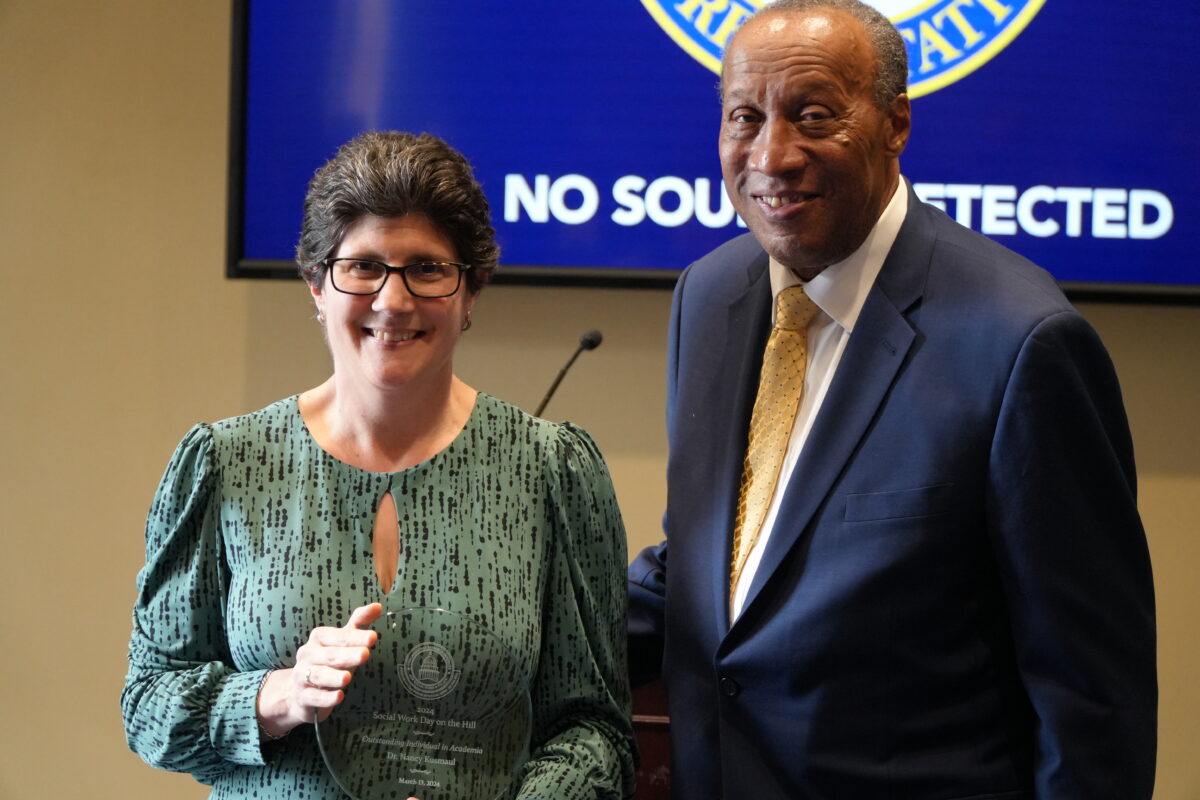Writing a Biography of “No Place”
Assistant Professor of History Kate Brown recently received two significant awards for A Biography of No Place: From Ethnic Borderland to Soviet Heartland (Harvard University Press, 2004). The book received the American Historical Association’s prestigious George Louis Beer Prize, given for outstanding historical writing on any phase of European international history since 1895. She previously received the Heldt Prize awarded by the Association for Women in Slavic Studies.
“Kate Brown is already an extraordinarily accomplished scholar, one of the rare historians to win one of the profession’s major prizes so early in a career,” said John Jeffries, professor and chair of the history department. “She also deserves recognition as an innovative teacher who is committed to enhancing student engagement and learning in her classes.”
A Biography of No Place is a travelogue, an unusual genre for a study of archival history. “I wrote this history as a travelogue because it is about marginalized people who did not leave a mark in archives, and so the historian must go in search of the traces they left behind,” said Brown.
In her book Brown describes her travels throughout the borderland between Russia and Poland, where people later identified as Poles, Germans, Jews, Ukrainians and Russians lived side by side in 1925. Over the next three decades, these cultures were homogenized out of existence, the result of Soviet and Nazi rule. By the 1950’s, this “no place” emerged as an ethnically pure Ukrainian heartland, because the diversity that defined the region was destroyed. Combined with ethnography and research in recently opened archives, her experiences and oral interviews provide a poignant story of the annihilation of a rich, culturally complex borderland.
“If we widen the scope of history to include people at the margins of society, we can see the destruction that lies in the wake of progress,” said Brown. “The deportees are some of the most inspiring people I’ve ever met in my life. They are amazed that someone cared about their stories, but they’re not bitter; despite deportation and a life in exile, they carry on.”
(5/2/05)



